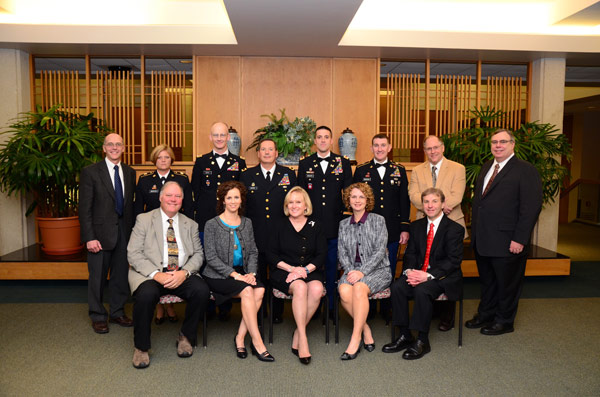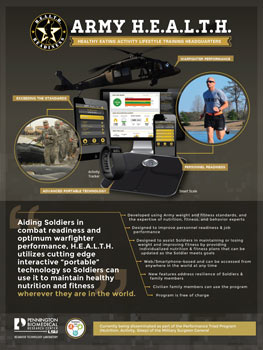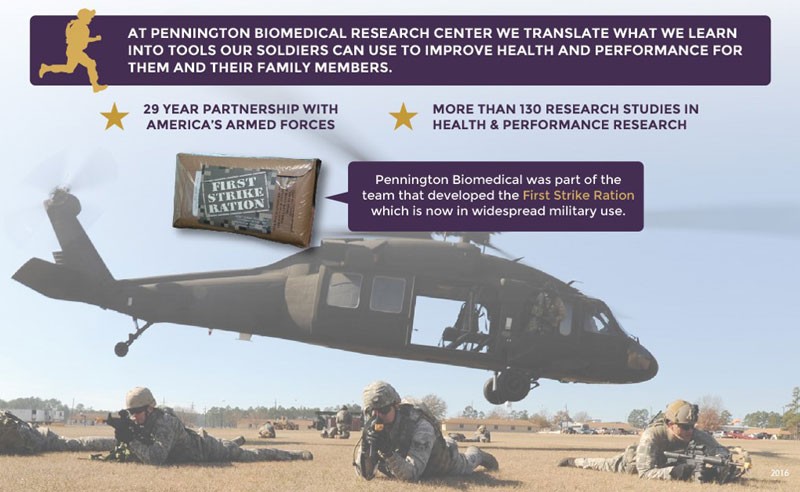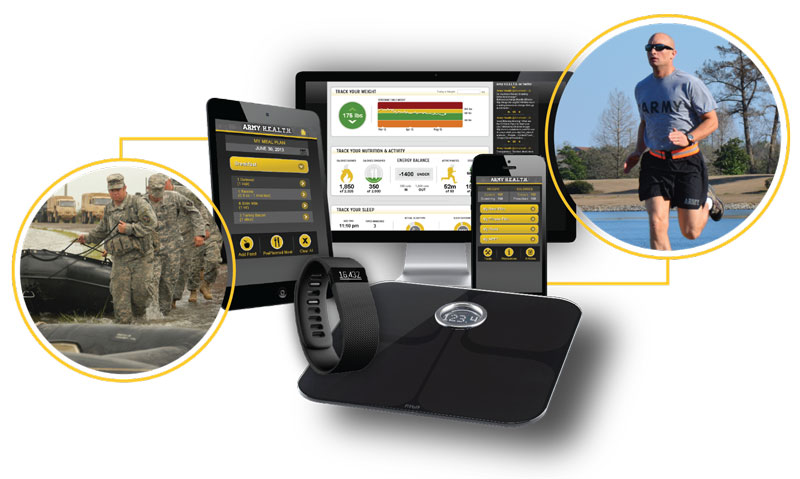During Veteran’s Day, Memorial Day, 4th of July and Veterans Day celebrations, many businesses proudly fly the American flag and bring out the red, white, and blue bunting to honor both those who have made the ultimate sacrifice in service to their country and those who are currently serving in U.S. Military.
But, year-round, you won’t find a more patriotic place than LSU’s Pennington Biomedical Research Center in Baton Rouge, La. Since 1988, Pennington Biomedical has supported the U.S. Military and has become the No. 1 provider of nutrition science for the Department of Defense (DOD).
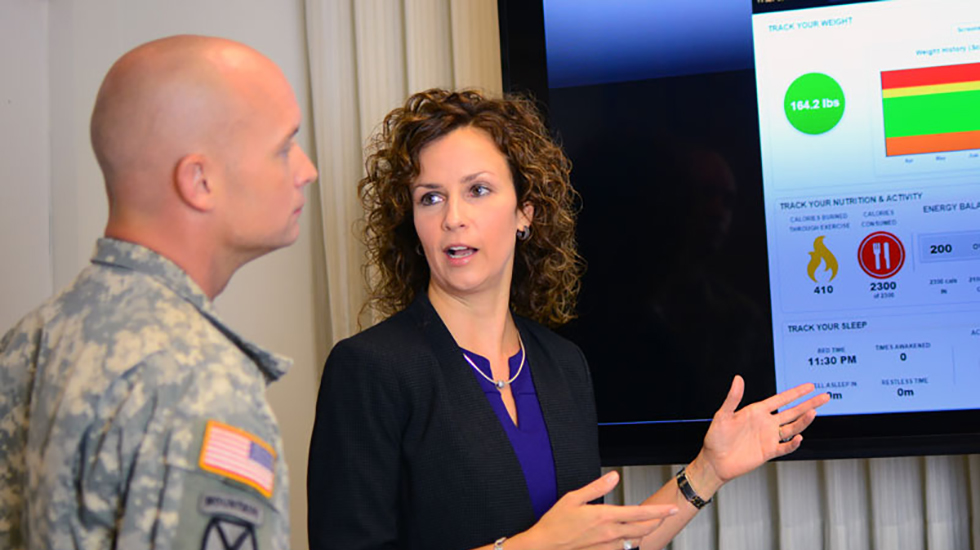
Pennington Biomedical has conducted more than 140 studies aimed at maximizing the performance of active-duty soldiers and the health of military women, men and their families at home.
Pennington Biomedical researchers have studied troops in California, Colorado, Massachusetts and South Carolina as well as Norway, Israel and Kenya to evaluate heat stress, dehydration, mountain sickness, and nutrient imbalances in battlefield conditions.
Their research helped develop the First Strike Bar, an energy bar that is now widely used in military combat operations.
Earlier this year, Pennington Biomedical secured $16.4 million in military awards. The success of the Optimizing Performance for Soldiers study, which explored how maintaining normal testosterone levels effects performance during prolonged, physically demanding missions, prompted a new $3.5 million award. In OPS 2, Pennington Biomedical will continue the focus on discoveries that support warfighter performance and resilience under conditions of extreme stress.
Pennington Biomedical will also receive up to $12.9 million to analyze biochemical markers of gastrointestinal and metabolic health, nutritional status, physiologic function and status, appetite regulation, and cognition health in a variety of studies by the U.S. Army Research Institute of Environmental Medicine.
Rood also has conducted studies that evaluated how military training affects men and women differently.
For the past 15 years, Pennington Biomedical also has been a leader in behavioral technology research for the Army. Tiffany Stewart, Ph.D., pioneered the Army H.E.A.L.T.H. (Healthy Eating Activity Lifestyle Training Headquarters) and Army H.E.A.L.T.H. Intensive programs.
Using cutting-edge technology, these website and smartphone apps incorporate comprehensive and individualized tools for nutrition, fitness, sleep, and resilience. The goal is to help soldiers stay fit at home and prepared for combat during deployment.
To date, the Army H.E.A.L.T.H. program has been used by over 15,000 men and women on active duty in the Army, its reserves and the National Guard. The programs are currently available to soldiers and families throughout the Army.
“At Pennington Biomedical, we are looking at the health of the whole soldier,” says Stewart, a psychologist who leads several of the DOD research projects and holds the Dudley & Beverly Coates Endowed Professorship. “We want our men and women in uniform to be ready for whatever they may face during their service, and that means being physically, emotionally, and mentally healthy.”
For the military, helping warfighters handle operational stress is a vital part of the mission and a key to good health. Good health is also good business. And it’s good for Louisiana’s economy.
Click here for more information on Pennington Biomedical’s research support to the U.S. Military.

